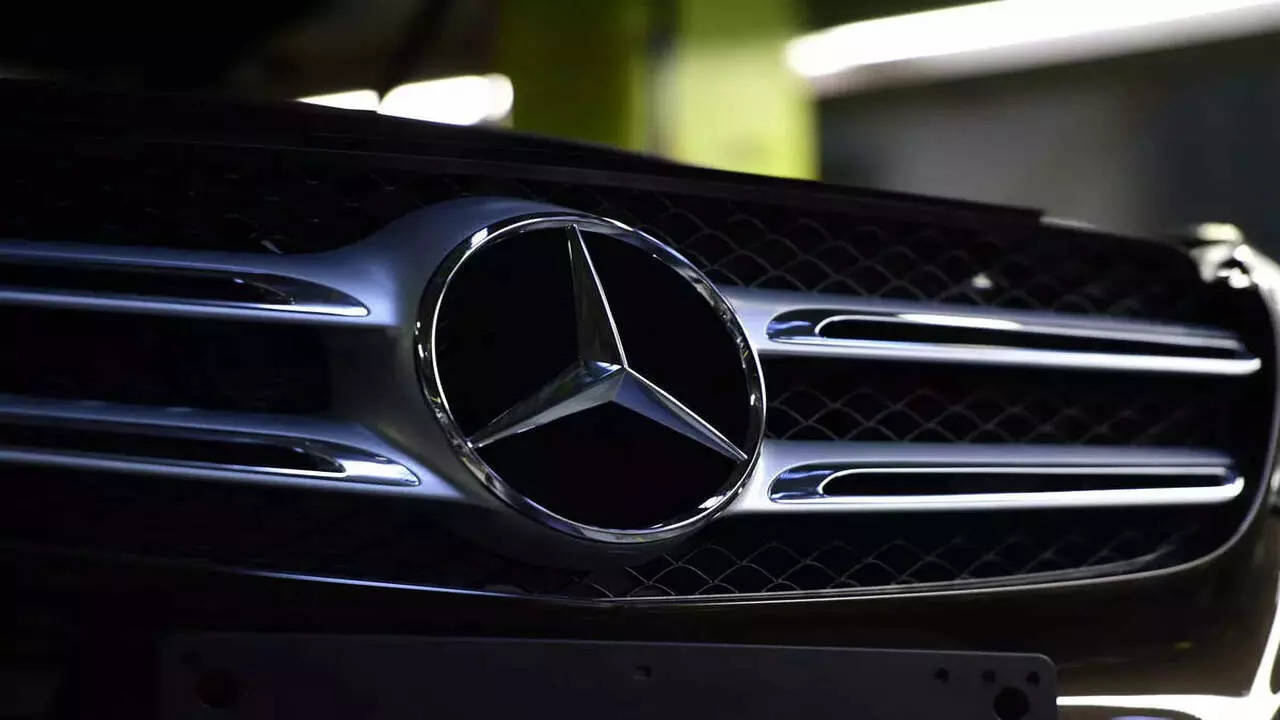Mercedes-Benz is a renowned German luxury automotive company that has been in the business of producing high-quality cars for over a century. The company is renowned for its sophisticated engineering, stunning design, and exceptional performance, which has made it one of the most sought-after brands in the world.
Mercedes-Benz is a division of the parent company Daimler AG, and it was founded in 1926 after the merger of two companies: Daimler-Motoren-Gesellschaft and Benz & Cie. Over the years, Mercedes-Benz has built a reputation for producing some of the most iconic cars in the world, from the classic SL Roadster to the luxurious S-Class sedan.
The company’s commitment to innovation and excellence has helped it remain at the forefront of the automotive industry. Mercedes-Benz has always been at the forefront of technological advancements, and its cars are equipped with some of the most advanced features in the world. This includes the latest safety systems, driver assistance features, and infotainment technology.
Mercedes-Benz has a global presence, with manufacturing plants and offices located in different parts of the world. The company’s products are sold in over 170 countries, and it has a reputation for providing exceptional customer service and support.
In summary, Mercedes-Benz is a world-class luxury automotive brand that is renowned for its exceptional engineering, stunning design, and outstanding performance. The company’s commitment to innovation and excellence has helped it build a reputation for producing some of the most iconic cars in the world, and it continues to set the standard for the automotive industry.
History of Mercedes-Benz
The history of Mercedes-Benz dates back to the late 19th century when two companies, Daimler-Motoren-Gesellschaft and Benz & Cie, were founded in Germany. These two companies were pioneers in the development of the gasoline-powered engine and the automobile, and their founders, Gottlieb Daimler and Carl Benz, are considered among the founding fathers of the automotive industry.
In 1901, Daimler-Motoren-Gesellschaft created the first Mercedes car, which was named after the daughter of a prominent Austrian businessman who had purchased the car. The Mercedes car was a huge success and became synonymous with luxury and innovation.
Meanwhile, Benz & Cie was also making significant advancements in automotive technology, and in 1903, they introduced the first petrol-powered car that was designed specifically for racing. The Benz 60 PS was a game-changer, and it set the foundation for the development of high-performance cars.
In 1926, Daimler-Motoren-Gesellschaft and Benz & Cie merged to form Daimler-Benz AG, which later became known as Mercedes-Benz. The new company combined the expertise and resources of the two pioneers, and it became a dominant force in the automotive industry.
During the 1930s, Mercedes-Benz established a reputation for producing some of the most advanced and luxurious cars in the world. The company’s engineers developed cutting-edge features such as independent suspension, hydraulic brakes, and supercharged engines, which set new standards for performance and safety.
In the post-World War II era, Mercedes-Benz continued to innovate and expand its product line. The 1950s saw the introduction of iconic models such as the 300 SL Gullwing, which was the fastest production car of its time, and the Mercedes-Benz Ponton, which was the first car to feature a unibody construction.
In the 1960s and 1970s, Mercedes-Benz continued to push the boundaries of automotive engineering, and it introduced several new models that became instant classics. These included the legendary 600 limousine, which was a favorite among world leaders and celebrities, and the iconic SL roadster, which remains one of the most sought-after sports cars in the world.
In the 1980s and 1990s, Mercedes-Benz continued to expand its product line and establish itself as a leader in automotive technology. The company introduced the first airbag system and the first traction control system, and it continued to develop new safety features that set new standards for the industry.
In the 21st century, Mercedes-Benz has continued to innovate and evolve, and it has embraced new technologies such as hybrid and electric powertrains. The company has also expanded its product line to include SUVs, sports cars, and luxury sedans, and it has continued to set the standard for automotive excellence.
Iconic Cars of Mercedes-Benz
Mercedes-Benz has produced many iconic vehicles throughout its history, each of which has left a lasting impact on the automotive industry. Here are some of the most iconic vehicles that Mercedes-Benz has ever produced:
Mercedes-Benz 300 SL Gullwing: Introduced in 1954, the 300 SL Gullwing is perhaps the most iconic car ever produced by Mercedes-Benz. Its distinctive “gullwing” doors, sleek design, and high-performance engine made it an instant classic.
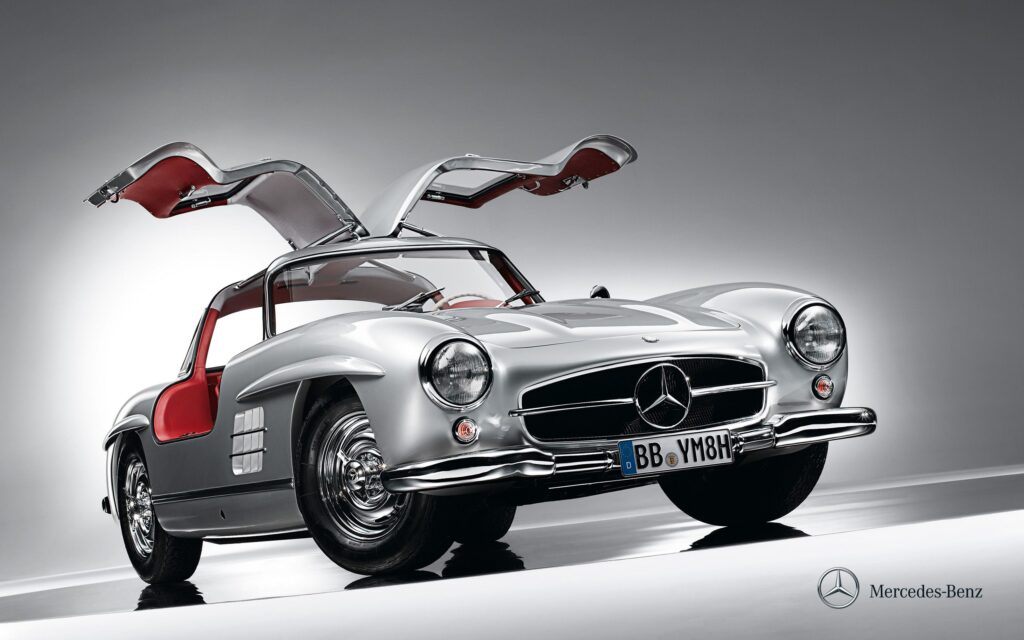
Mercedes-Benz S-Class: The S-Class is a range of luxury sedans that has been in production since the 1950s. Known for their advanced technology, superior comfort, and exceptional performance, the S-Class has become the flagship model for Mercedes-Benz.
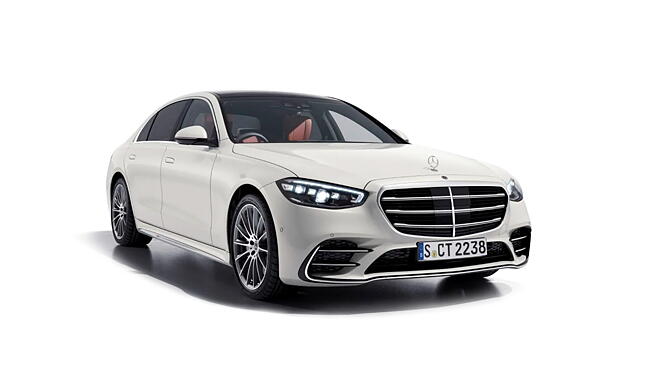
Mercedes-Benz 600: The 600 is a luxury limousine that was introduced in 1963. It was the most expensive car of its time, and it was favored by world leaders, celebrities, and business tycoons. It featured advanced technology, including air suspension and a hydraulic system that powered everything from the windows to the seats.
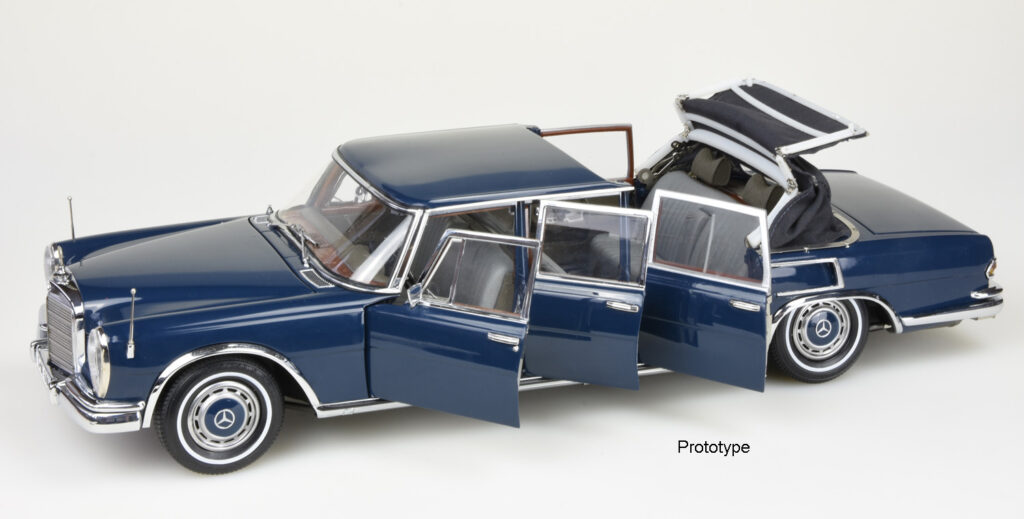
Mercedes-Benz SL Roadster: The SL Roadster is a range of sports cars that has been in production since the 1950s. Known for their sleek design and high-performance engines, the SL Roadster has become a symbol of luxury and sophistication.
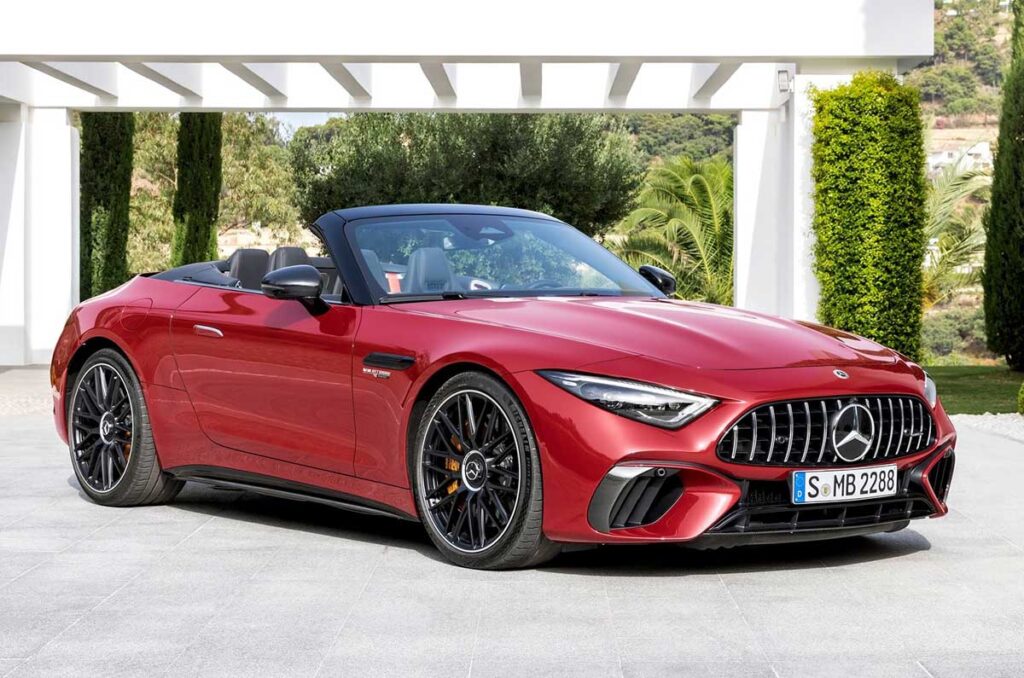
Mercedes-Benz G-Class: The G-Class is a rugged SUV that has been in production since 1979. Originally developed for military use, the G-Class has become a popular choice for off-road enthusiasts and those who value durability and performance.
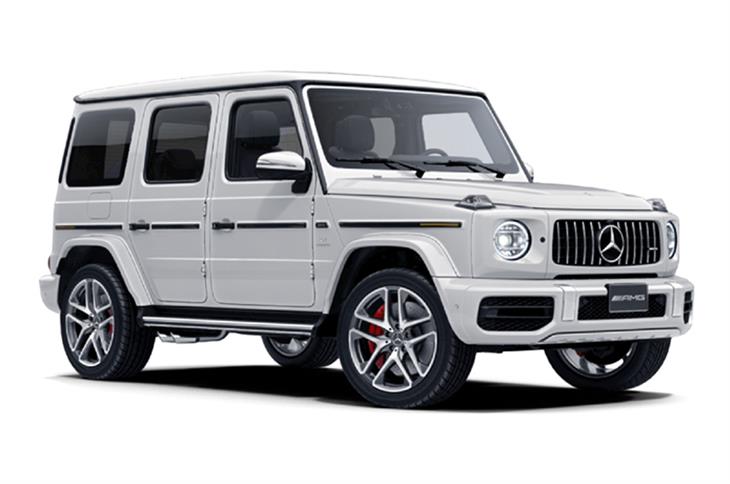
Mercedes-Benz C-Class: The C-Class is a range of compact executive cars that has been in production since 1993. It has become a popular choice for those who value style, performance, and affordability.
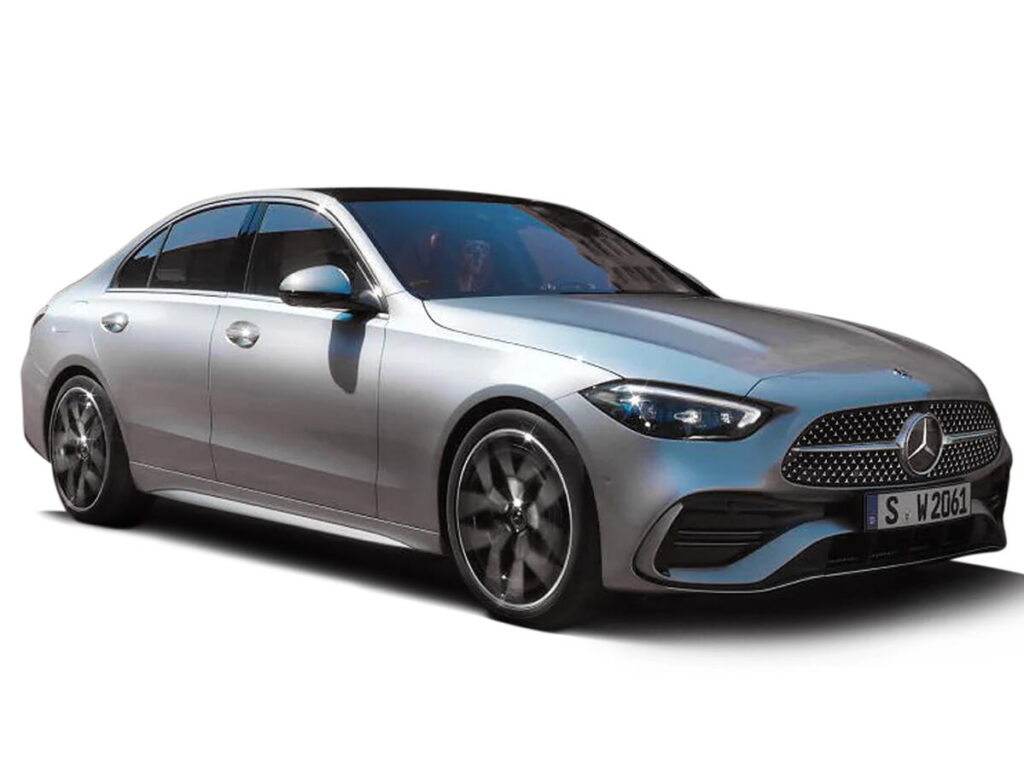
Mercedes-Benz E-Class: The E-Class is a range of executive cars that has been in production since the 1950s. Known for their superior comfort, advanced technology, and exceptional performance, the E-Class has become a favorite among drivers who value luxury and sophistication.
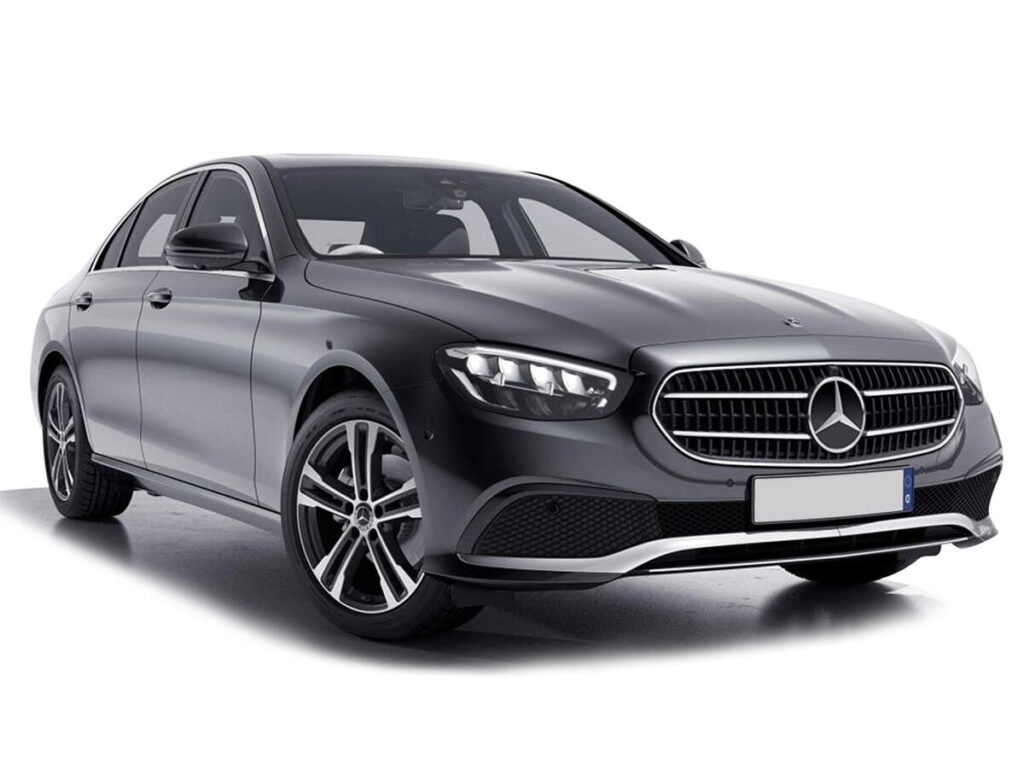
Mercedes-Benz AMG GT: The AMG GT is a range of sports cars that was introduced in 2014. Known for their high-performance engines, sleek design, and advanced technology, the AMG GT has become a favorite among driving enthusiasts.
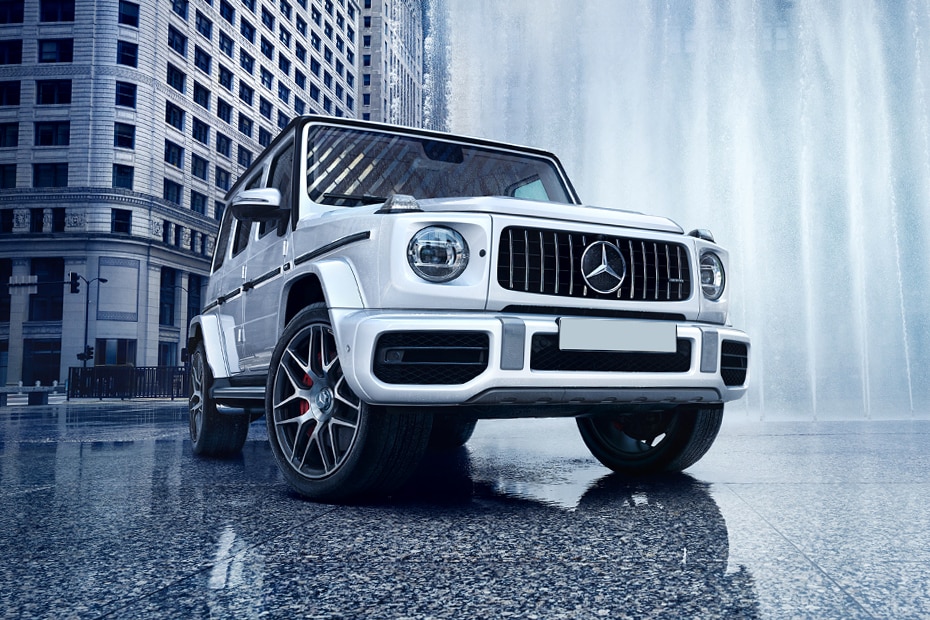
In summary, Mercedes-Benz has produced many iconic vehicles throughout its history, each of which has left a lasting impact on the automotive industry. From the classic 300 SL Gullwing to the modern AMG GT, Mercedes-Benz has consistently set the standard for luxury, performance, and innovation.
Mercedes-Benz in Motorsports
Mercedes-Benz has a long and storied history in motorsports, with the company being involved in various forms of racing since the early 20th century. Here’s a brief overview of Mercedes-Benz’s involvement in motorsports:
Grand Prix Racing: Mercedes-Benz has been involved in Grand Prix racing since the early days of the sport. The company’s first Grand Prix win came in 1908, and over the years, Mercedes-Benz has won numerous races and championships in Formula One, including the Drivers’ Championship and the Constructors’ Championship.
Sports Car Racing: Mercedes-Benz has also been involved in sports car racing since the 1920s. The company has won many races and championships in various series, including the Le Mans 24 Hours and the World Sportscar Championship.
Touring Car Racing: Mercedes-Benz has had a strong presence in touring car racing over the years. The company has won many races and championships in various series, including the Deutsche Tourenwagen Masters (DTM) and the British Touring Car Championship (BTCC).
Rallying: Mercedes-Benz has also been involved in rallying, with the company winning the Paris-Dakar Rally in 1983 and 1984 with the Mercedes-Benz 280 GE.
Formula E: In recent years, Mercedes-Benz has also become involved in Formula E, the all-electric racing series. The company entered the series in 2019 and has since won multiple races and finished second in the Constructors’ Championship in its debut season.
Throughout its history in motorsports, Mercedes-Benz has been known for its innovative engineering and commitment to performance. The company has pushed the boundaries of what is possible in racing, and its success on the track has helped to cement its reputation as one of the premier automotive manufacturers in the world.
Marketing Strategies of Mercedes – Benz
Mercedes-Benz is known for its successful and sophisticated marketing strategies. The company has always aimed to maintain a strong brand identity and market its vehicles to a wide range of customers, from luxury car enthusiasts to everyday drivers. Here are some of the key marketing strategies employed by Mercedes-Benz:
Brand Identity: Mercedes-Benz has always had a strong brand identity, with the three-pointed star logo being one of the most recognizable symbols in the world. The company has consistently promoted its brand identity through advertising, sponsorships, and partnerships. It’s brand identity is built on its reputation for producing high-quality, luxury vehicles. The company has consistently promoted this image through advertising campaigns that highlight the performance, style, and innovation of its vehicles. Mercedes-Benz also places a strong emphasis on heritage and tradition, referencing its history and iconic models to evoke feelings of nostalgia and prestige.
Targeted Advertising: Mercedes-Benz uses a variety of channels to reach different audiences, including print and online advertising, social media, and events. The company creates targeted ads for specific demographics, such as young professionals, families, and retirees. These ads often feature lifestyle-oriented messaging, focusing on the emotional benefits of owning a Mercedes-Benz, such as status, confidence, and enjoyment.
Digital Marketing: It’s digital marketing strategy includes a range of tactics to reach potential customers online, including search engine optimization (SEO), pay-per-click (PPC) advertising, and social media marketing. The company has a strong presence on platforms like Instagram, YouTube, and Facebook, where it creates engaging content to showcase its vehicles and connect with fans. Mercedes-Benz also uses email marketing to keep its customers informed about new models, events, and promotions.
Sponsorships and Partnerships: The company has a long history of sponsoring events and organizations that align with its brand values. For example, the company has sponsored the Formula One racing team Mercedes-AMG Petronas since 2010, and it has been the official car sponsor of New York Fashion Week since 2015. Mercedes-Benz also partners with other luxury brands, such as Rolex, to create co-branded experiences and products that appeal to its customers.
Also Read: Case Study | Influencer Marketing by Mercedes Benz
SWOT Analysis of Mercedes-Benz
Strengths:
Strong brand reputation: Mercedes-Benz is a well-known and respected brand globally, with a reputation for luxury and high-quality vehicles.
Wide range of product offerings: The company produces a variety of models, ranging from luxury sedans to sports cars and SUVs, catering to a diverse customer base.
Innovative technology: Mercedes-Benz is known for its advanced technology and innovative features, such as its semi-autonomous driving system and infotainment system.
Strong dealer network: The company has a global network of dealerships, providing easy access for customers to purchase and service their vehicles.
Strong financial position: As a subsidiary of Daimler AG, Mercedes-Benz has strong financial backing, allowing it to invest in research and development, marketing, and other strategic initiatives.
Weaknesses:
High price point: These cars are often more expensive than competitors, which may limit their appeal to budget-conscious customers.
Dependence on certain markets: The company relies heavily on the European and Chinese markets, which may expose it to risks associated with economic or political instability in those regions.
Limited production capacity: Despite its strong demand, Mercedes-Benz faces production constraints due to limited capacity, which may result in longer wait times for customers.
Lack of entry-level options: The company does not have many entry-level options, which may limit its appeal to younger customers or those who are just starting out in their careers.
Environmental concerns: As a luxury car manufacturer, Mercedes-Benz has faced criticism for its environmental impact, particularly with regard to emissions and fuel efficiency.
Opportunities:
Expansion into emerging markets: Mercedes-Benz has the opportunity to expand its reach into emerging markets such as India, where demand for luxury vehicles is growing.
Expansion of electric vehicle offerings: The company has already launched several electric vehicles, but it could further expand its offerings in response to increasing demand for electric and hybrid cars.
Collaborations with tech companies: Mercedes-Benz could partner with technology companies to develop new innovations and features that could enhance its vehicles’ appeal.
Expansion of subscription-based services: Mercedes-Benz has already launched a subscription-based service, and it could further expand this offering to attract younger customers who prefer a more flexible ownership model.
Diversification of product offerings: The company could expand its product offerings beyond cars to include other luxury goods, such as high-end clothing and accessories.
Threats:
Intense competition: The luxury car market is highly competitive, with several established players and newer entrants vying for market share.
Economic downturns: Economic downturns can impact demand for luxury vehicles, particularly in markets where luxury spending is discretionary.
Technological disruption: Technological advancements could disrupt the traditional automotive industry, particularly with the emergence of self-driving cars and ride-sharing services.
Changing consumer preferences: Consumer preferences may shift away from traditional luxury vehicles towards more sustainable and environmentally friendly options.
Regulatory changes: Changes in regulations related to emissions, safety, and other factors could impact Mercedes-Benz’s operations and increase its costs.
Future of Mercedes-Benz
The future of Mercedes-Benz looks promising, but also challenging. Here are a few potential trends and factors that could shape the company’s future:
Electric and hybrid vehicles: As consumers become more conscious of their carbon footprint, demand for electric and hybrid vehicles is likely to increase. Mercedes-Benz has already launched several electric and hybrid models, and is likely to continue investing in this area to remain competitive.
Autonomous driving: Self-driving cars are likely to become more common in the coming years, and Mercedes-Benz has already invested in this area with its advanced driver-assistance systems (ADAS). The company may continue to develop and refine its autonomous technology to stay ahead of competitors.
Changing consumer preferences: Consumer preferences may shift towards more sustainable and environmentally friendly options, which could impact Mercedes-Benz’s product offerings. The company may need to adapt its product line and marketing strategies to appeal to younger, environmentally conscious customers.
Digitalization: Digitalization is likely to play an increasingly important role in the automotive industry, with consumers expecting seamless integration of technology into their vehicles. Mercedes-Benz is already a leader in this area, but may need to continue investing in digital technologies to remain competitive.
Global economic uncertainty: The global economy is subject to fluctuations, and a downturn could impact demand for luxury vehicles. Mercedes-Benz may need to be nimble and adaptable to navigate potential economic challenges.
Overall, Mercedes-Benz is well positioned to thrive in the future, but will need to continue investing in innovation, sustainability, and digitalization to remain competitive and meet evolving consumer demands.
To read more content like this, subscribe to our newsletter

